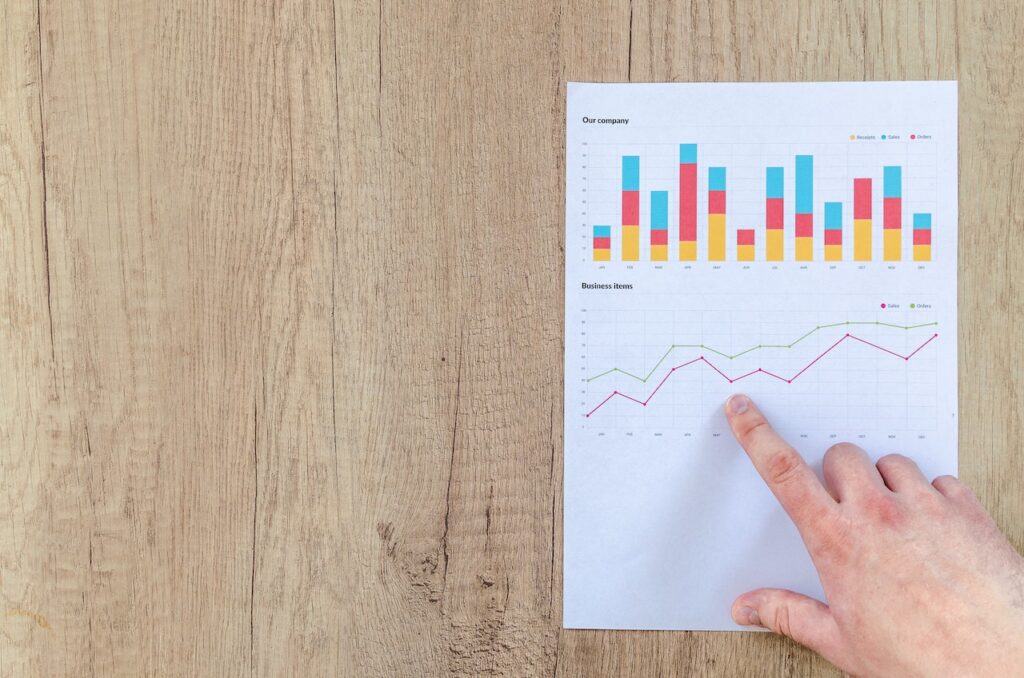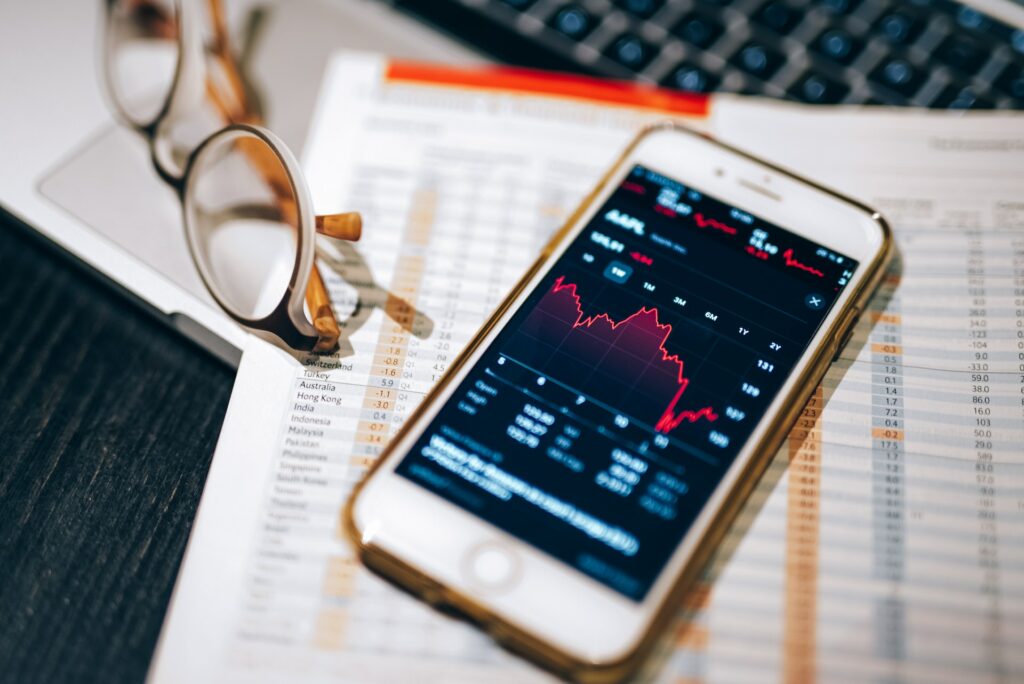“Market crash” is not a technical financial term, so there is no clear line between a market that is going down and one that is crashing. In general, it means a drop that happens very quickly and is very big. When prices start going down, investors lose money. They sell their assets because they don’t want to lose more money, which makes prices go down even more. If you look at a chart of prices, this is exactly what a “crash” looks like: a drop.
The first nine months of 2022 were the worst for the largest stock market in the world, the U.S., in more than 40 years. On June 13, the stock market officially went into a bear market. Since the beginning of the year, the S&P 500 index has lost 18% of its value, the Dow Jones has lost over 8%, and the tech-heavy Nasdaq is down 30%.

We still can’t see the bottom
The turbulence in the stock market is a harsh correction that has been building for over a decade. It is the comedown from a superhigh. We knew that the stock market had created a bubble, and that when interest rates went up, the bubble would burst. What we didn’t know was how bad the fall would be. The Federal Reserve has raised interest rates faster than Wall Street thought it would because inflation is hurting the economy. The stock market fell off a cliff so steep that we still can’t see the bottom.
Even though the market has been going up lately, investors are still worried. So much so that some people are wondering if we should start getting ready for a full-scale market crash.
You can answer that in two ways: First, it’s probably not likely that the market will crash in a big way. Second, the market might not get better and might even keep going down. When the stock market is falling, it can be one of the most important times to have an experienced financial advisor on your side. They can help you protect your assets and profit from the drop.
It would be naive to take Warren Buffett’s motto for granted
A lot of investors are asking themselves right now if they should follow Warren Buffett’s motto: “Be fearful when others are greedy, and greedy when others are fearful,” i.e., is now the right time to buy stocks that have lost a lot of their value this year?
It would be very naive to take Warren Buffett’s motto for granted. Even though the market tends to turn at those extreme levels of pessimism or optimism, we still need to know which sectors and industries have relative strength and are market winners, and from there, find stocks we want to own.
It is true that Warren Buffett has bought on several occasions in the past period. And these were stocks from the energy sector, which is still moving upward and has seen a nearly 70% increase YTD. We believe that the mistake of many investors is that they try to find the bottom and buy at a lower price (undervalued shares) just because it is a “good company.”
If the market is in a downtrend, it is much more likely to continue moving in that direction than to make a reversal. Companies in the technology sector, especially young, fast-growing technology companies, were the hardest hit by the rise in interest rates. Despite recent downward revisions to earnings, many companies remain overvalued after the 2022 downturn.

Will the market crash until 2022’s end or perhaps in 2023?
According to the analysts we consulted, for the market to return to pre-COVID levels it would need to continue to decrease by 30 to 40 percent. We could descend farther, but it would take years to do so. The timeline is uncertain because this is a bear market and it doesn’t operate according to our calendar, but it’s reasonable to assume that things will be bad for at least the next year.
Will the market crash until 2022’s end or perhaps in 2023?
We regret to inform you that there is simply no way of knowing. Currently, there is a great deal of volatility in the stock market.
In the past few years, economists have spent a lot of time studying important indicators like the consumer confidence survey and related polls. However, it’s getting harder and harder to rely on this data.
Inflation is at its highest level since the middle of the 1980s. Meanwhile the rising cost of housing and increasing debt continue to stifle consumer spending. Energy costs are at their highest level since 2008, when drivers paid more per gallon in terms of inflation.
At the same time, both employment rates and incomes have gone up, showing that Americans can still find good jobs that pay more and more.
Gas prices have begun to decrease, if slowly, and if inflation has not yet declined, it looks to have at least stabilized. Both of these claims might have more weight if Americans’ personal savings went back to their historical norms.
As a safe haven for their funds, investors who anticipate a market decline choose to purchase 10-year Treasury notes. That way, they are lowering the return on these securities. When yields go up and stock prices go up, it may mean that investors are more confident in the market as a whole.
The bottom line
Essentially, no one can predict with absolute accuracy if and when the stock market will crash. There is no way to know; therefore, as an investor, you should stick with your present plan. Market downturns, and even complete crashes, will pass. Invest over the course of years, not months. Concentrate on a combination of index funds and fundamentals, seek long-term value, and avoid quick-profit investments. And make consistent, solid investments in your portfolio.



